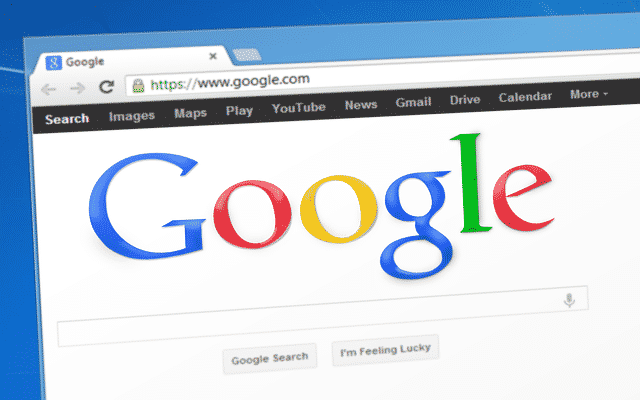Dave’s Computer Repair Blog – How using third-party DNS can speed up your internet
DNS, or Domain Name Servers translate a web address (URL) into the language spoken by the internet, IP addresses. My website URL is https://www.davescomputers.com, which you type in to get here. But the server my website sits on is actually 216.119.152.127. DNS translates that www. address into the server’s IP address, making sure you arrive at the right place. This is called a DNS lookup.
It works much like a phone directory. You look up someone’s name (the URL) and the directory tells you their number (their IP address). You dial that number and connect to the person you wanted to call. A DNS server is that phone directory.
There are huge DNS servers on the internet and smaller ones run by your ISP. Depending on the efficiency of your ISPs DNS server, it can take a fraction of a second to perform a DNS lookup or a couple of seconds. Shaving this time as much as possible means websites are found and loaded faster.
Google and OpenDNS are two of many fast DNS services that could potentially speed up your surfing experience. They are also two of the most reliable. There are others too. Which is fastest depends on where in the world you live.
How to find the fastest DNS server for your location
If you think you would benefit from changing your DNS server, here’s how to do it.
- Download Namebench from Google.
- Extract and run the program. It will take a little while but it will explore the fastest DNS servers for your region.
- Open your router’s config page and take a screenshot of your existing DNS servers. You will usually find these on the ‘Internet’ page or something like it. This differs between routers.
- Replace the two DNS addresses with the fastest ones found by Namebench.
- Save and reboot both your router and your computer.
Other reasons to consider third party DNS servers
OpenDNS offers a range of parental controls, allowing you to control where and when your child can surf while at home. As a result of this feature, it can also protect from some phishing websites too.
Both OpenDNS and Google DNS offer DNSSEC, which is an extra level of security that ensures DNS records are legitimate and not faked. This prevents you being sent to a website you didn’t ask for or that has been hijacked. Finally, if you live somewhere that censors the internet or geoblocks content, there are special DNS services that help you overcome those limitations too.
Changing your DNS server isn’t exactly necessary. But if you’re like me and like to tweak your computer or get as much performance as possible out of it, this is a useful change to make.
Thank you for reading Dave’s Computer Repair Blog, if you ever need computer repair or data recovery assistance give us a call or fill out the contact form on the bottom right of the website.


